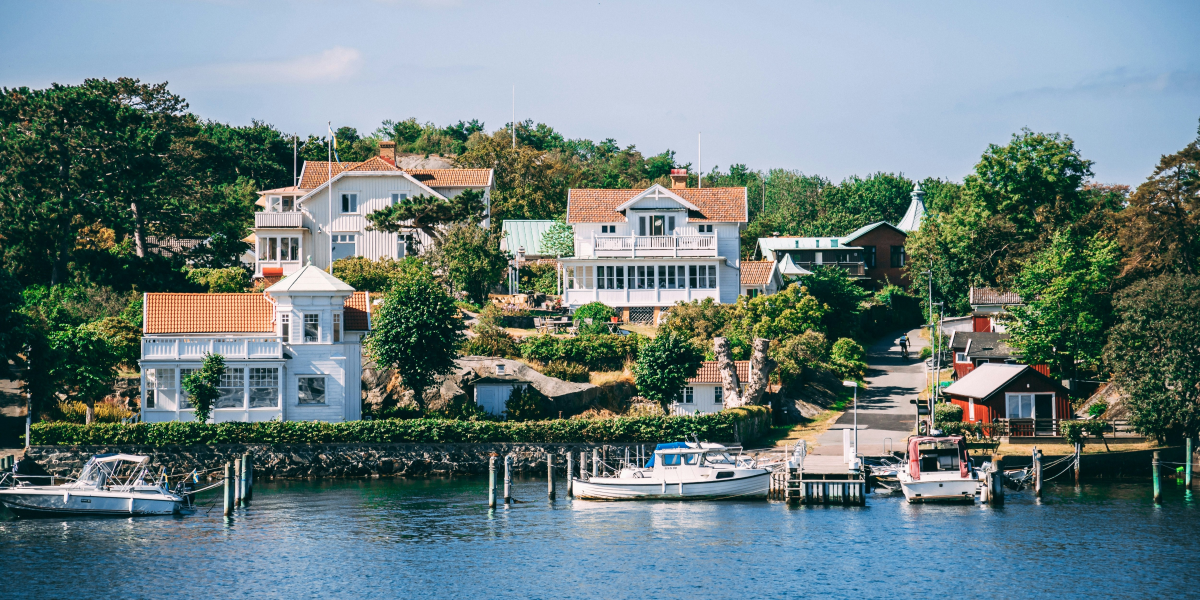Rising Sea Levels Threaten Coastal Properties
In recent years, the ominous specter of climate change has manifested itself in various ways, and one of the most pressing concerns is the impact on real estate, particularly along coastal areas. The escalating threat of rising sea levels poses a significant risk to properties situated in proximity to the ocean. With global sea levels expected to increase due to melting ice caps and glaciers, coastal real estate faces an uncertain future.
The potential consequences are dire, as low-lying coastal regions, including some highly sought-after real estate markets, may experience flooding and erosion. Investors and homeowners alike are now grappling with the reality that their valuable assets could be at risk. This impending crisis demands immediate attention and strategic planning to safeguard both individual investments and the broader real estate market.
Extreme Weather Events Disrupt Property Values
As climate change intensifies, the frequency and severity of extreme weather events, such as hurricanes, wildfires, and floods, have become more pronounced. These events not only pose immediate threats to life and property but also have long-term implications for real estate values. The aftermath of such disasters often leads to property damage, decreased market demand, and increased insurance costs.
Communities that were once considered safe havens may no longer be perceived as secure investments, affecting property values and market dynamics. Homebuyers are becoming increasingly wary of purchasing real estate in areas prone to natural disasters, reshaping the landscape of desirable locations.
Regulatory Changes Impact Development
In response to the growing climate crisis, governments and regulatory bodies are enacting measures to mitigate environmental damage. These changes are influencing real estate development and construction practices. Stricter building codes, increased environmental impact assessments, and zoning restrictions are becoming commonplace as authorities seek to create more resilient and sustainable communities.
Real estate developers and investors must navigate this evolving regulatory environment to ensure compliance and sustainability. Adapting to these changes is not only an ethical imperative but also a strategic necessity to future-proof investments and align with the broader shift towards environmentally conscious practices.
Shift in Consumer Preferences towards Sustainable Living
As awareness of climate change grows, so does the demand for sustainable living options. Homebuyers are increasingly prioritizing energy-efficient features, eco-friendly designs, and environmentally conscious neighborhoods. This shift in consumer preferences is reshaping the real estate market, driving developers to incorporate green technologies and sustainable practices into their projects.
Investors who recognize and respond to this trend are likely to reap the benefits of a growing market for eco-friendly real estate. The integration of sustainable features not only aligns with environmental values but also enhances the long-term value and marketability of properties.
The impact of climate change on real estate is multifaceted and dynamic. From the immediate threat of rising sea levels to the long-term consequences of extreme weather events, the industry is undergoing a paradigm shift. Navigating these challenges requires a proactive approach that considers regulatory changes, consumer preferences, and the broader implications of a changing climate.
As the real estate landscape continues to evolve in the face of climate change, stakeholders must remain vigilant and adaptable. Strategic planning, sustainable practices, and a commitment to environmental responsibility are essential components of a resilient and future-ready real estate market.




